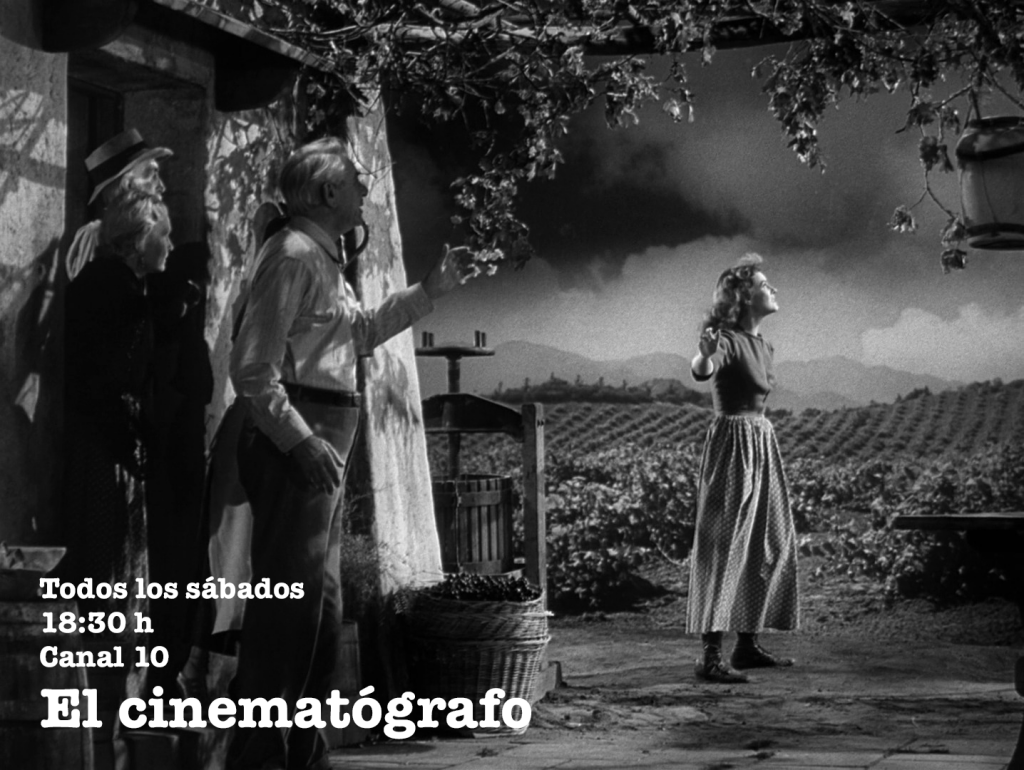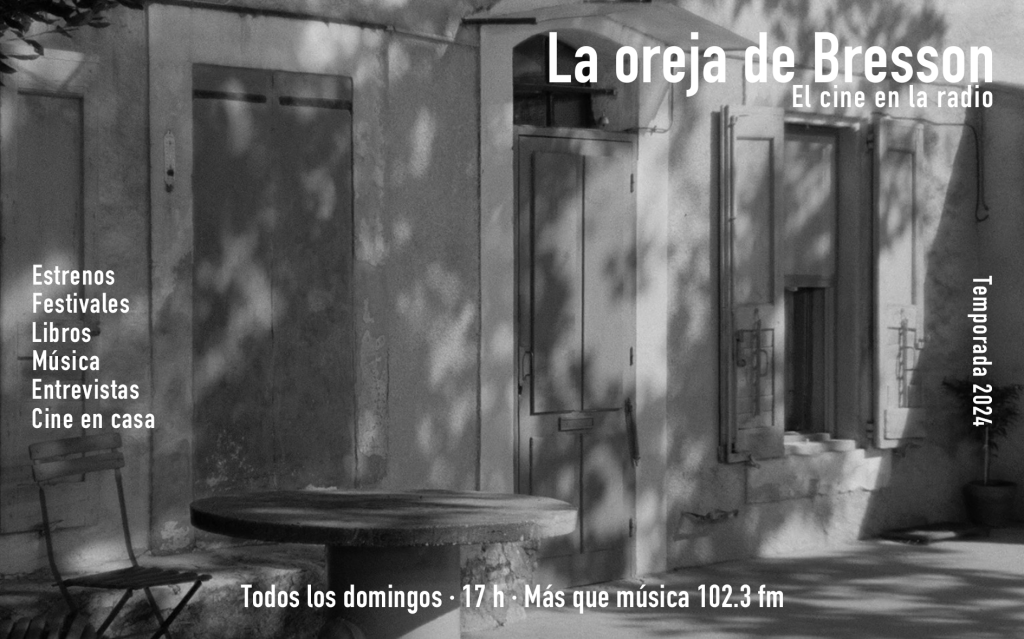MES FICUNAM 2012 (02)
LUCIDA CAMERA: THE EVOLVEMENT OF DOCUMENTARY GENRE
By Roger Koza
Last February, one of the members of our jury for the international competition, Sergei Dvortsevoy, explained during his master class the reason why he quit making documentaries in favor of fiction. To film real subjects in difficult conditions was a confirmation of his impotence as an artist. The suffering, the injustice, the inequity remained intact after the images were organized in a documentary aimed to question a status quo, a world order.
Documentary films are more than a “genre” as they usually are referred to without further theoretic preci- sions; they might be nothing more than a general, camera-mediated open approximation to the world at large without demanding the translation of events into fiction material. The foundational, opening gesture of the “genre” is linked to an epistemological imperative not without its own pleasures and adventures. “All men, by nature, desire knowledge,” however doubtful the old maxim by Aristotle might seem in times when obscurantism and conformism appear as the dominant attitudes of our species, documentaries are a possible expression of it. Proposition: the lucid camera establishes an order of visibility; we get to know something else about our practices and beliefs, we get to know something more about observing.
And it is in this respect that —at least here and everywhere today— documentary films confront fiction and the institutional mode of representation, which is a way to refer to the dream machine in charge of modulating the imaginary and perceptions of people. And its most fearsome enemy comes from within. On the one hand, the normalization of some sort of “pedagogical” American documentary as a necessary complement for American Zombie Fiction (and by American one should not only think in the United States as an actual country, but as a “universal” culture with a seductive force that entails its reproduction and mimesis within other cultures) where the most infamous actions are explicitly shown. But, at the same time, a couple of practical suggestions are induced to neutralize the possibility of thinking about it. On the other hand, the canonization of observational documentaries as the predominant mode for non-industrial cinema is full of naïve confidence on the power of the image, and its register takes off from an explicit discourse and the direct intervention on the filmed material. It is on this track that Dvortsevoy’s concern and anxiety seem relevant. Of course, there are exceptions and it is not my intention to question categorically the observational mode; however, I do question its current simplification. The six films that shape this new section of the Festival help to identify some possible and edifying roads for contemporary documentary, from which derives the complexity of the genre and a hypothesis about its mutation. Under this light, the specific functions of documentary film and its resistance in face of fiction cinema and the logic of the spectacle are radicalized. All the films chosen here practice a politics of the (film) form; regardless of their being openly political or, as in some cases, circumscribed to the sphere of intimacy.
Eighty year ago, an illustrious friend of the lucid camera, the unique Joris Ivens, said: “Documentaries are the expression of reality in its causal, unavoidable aspect. First of all, I can witness documentary films are the only way for avant-garde filmmakers to fight against the Great Industry, because documentary films reveal reality as it is.” The excessive hope on the “genre” and its supposed mission of transparency seem today as a bit off-track expectative; but the struggle —and this seems unquestionable— continues.
English version by Tiosha Bojórquez
Section Introduction. / Ficunam 201
Roger Koza / Copyleft 2012






Últimos Comentarios